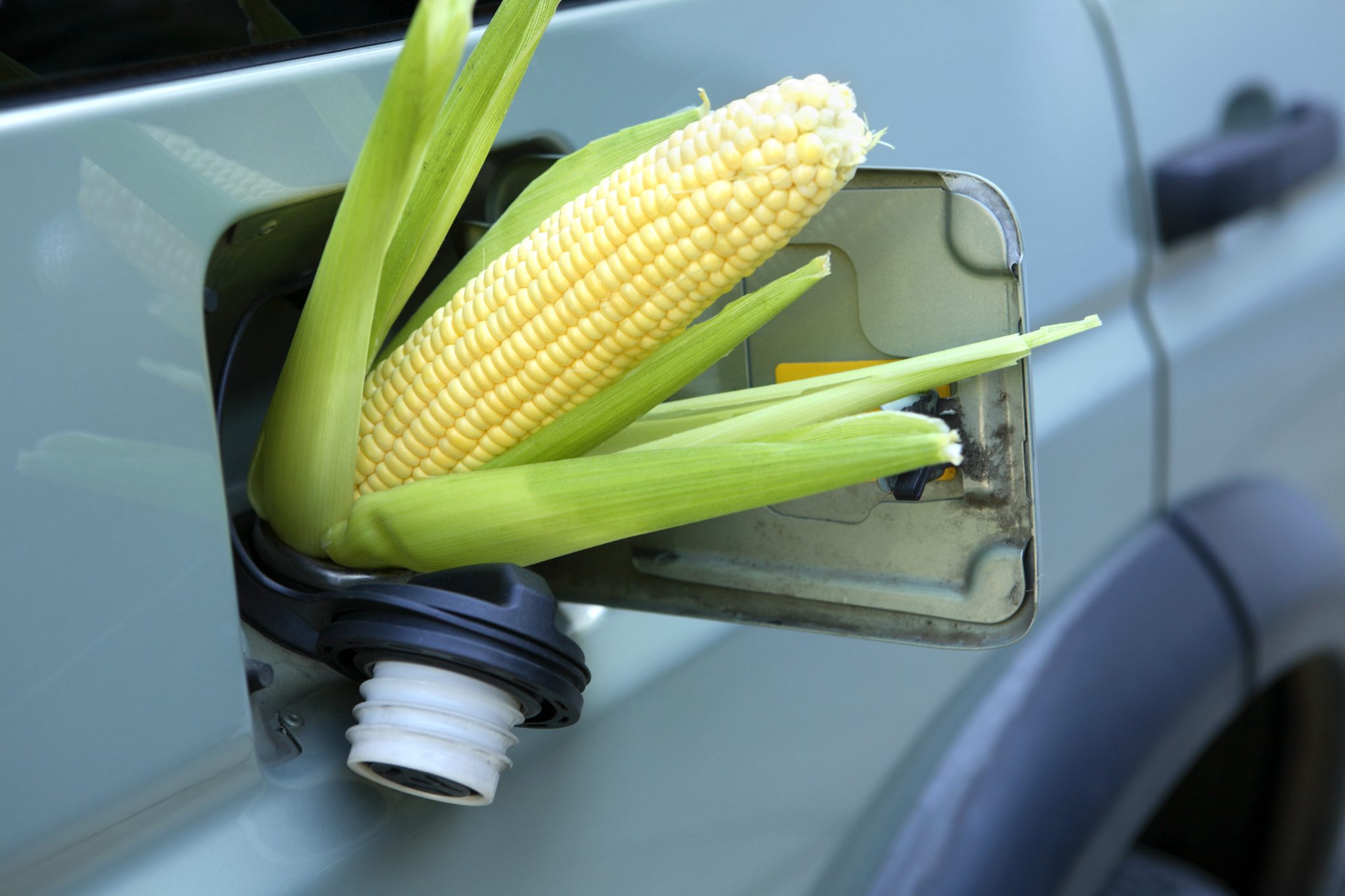Home » Hot off the Press » Corn Squeezing

Most of America hasn’t been working for going on a month now because of the coronavirus pandemic — and the “locking down” of most of the country. It might be months before they are allowed by the gove...
No hoodwinking or hornswoggling here.
Support independent journalism and get unlimited access to quality commentary.
Already a subscriber? Login here

Here's a collection of items that wind their way from...Read More
It wasn’t about Israel. It was Nov. 28, 1941. Israel,...Read More
Zakiya Carr Johnson hates the American system. She hates American...Read More
